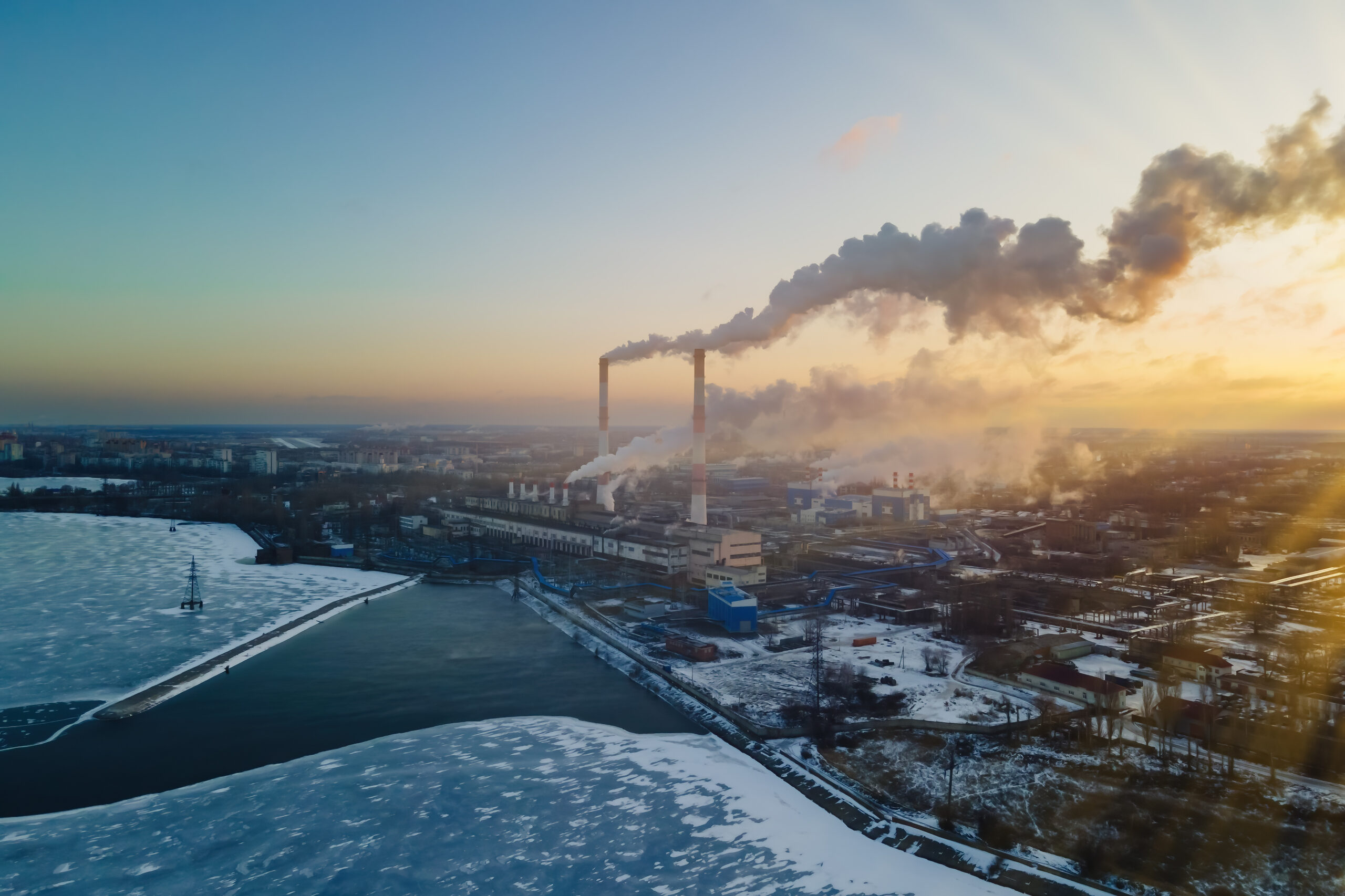UN pushes for verifiable net-zero pledges
A UN expert group is working on standards to ensure that the “avalanche” of net-zero commitments from non-state actors is not just a greenwashing exercise.

The United Nations is working on standards to ensure that net-zero claims from non-state entities are legitimate and verifiable, although lots of questions remain about how to do so.
UN Secretary-General António Guterres launched an expert group in March of this year to develop stronger and clearer standards on net-zero commitments. Many governments around the world have already announced net-zero emissions pledges, with 2050 a common deadline. In addition to those pledges, a barrage of net-zero pledges have come from the private sector, as well as subnational governments.
However, there is very little standardization or verification, making it extremely difficult to hold businesses, investors, and municipal governments to account. The dates vary, as do the starting points and baselines. Net-zero claims can also depend very heavily on offsets, rather than actual reductions in pollution. At worst, pledges can amount to cynical greenwashing, rather than actual emissions reductions.
“The world is going backwards on climate action. At the same time there has been an avalanche of net-zero pledges from businesses, ambassadors, cities, and regions that we have seen in recent years and recent months. This is certainly welcome,” Catherine McKenna, former Canadian Minister of Environment and Climate Change, and the chair of the UN expert group, said on a UN webinar held last week.
“We know non-state actors play a huge role in tackling climate change and reducing emissions. But let’s be clear. While an important first step, pledging net-zero emissions is the easy part. The harder part is doing the work to get there,” McKenna said.
She cited UN Secretary-General António Guterres, who warned that net-zero pledges lacked integrity. “There is a deficit of credibility and a surplus of confusion over emissions reductions and net-zero targets, with different meanings and different metrics,” Guterres said at the international climate talks in Glasgow, Scotland in November 2021, when he announced his intention to form the expert group to formulate standards.
The body has 16 members, all high-level experts or government officials from around the world.
“The purpose of the expert group is to deliver stronger, clearer standards for net-zero pledges that apply to all non-state actors and help them speed up their implementation so they contribute to the real, deep, urgent, GHG emissions cuts that the world desperately needs,” McKenna said.
The group is surveying the policy landscape, identifying problems and gaps. Between June 29 and August 31, the group is accepting public input on how to develop new standards.
Keeping 1.5C alive
The standards are based on four overarching goals. First, net-zero claims must be grounded in the international goal of keeping global warming within the 1.5-degree Celsius target. Second, far-off net-zero targets must come accompanied by interim targets – immediate action this decade, accompanied with milestones along the way. Third, commitments need to be verified and transparent. Finally, the expert group wants to develop regulatory pathways so that new standards have teeth even in the absence of an international treaty or agreement.
“There’s a bit of confusion out there about what net-zero is. And this has led to a wide diversity of interpretations for those pledging to reach net-zero,” said Bill Hare, co-founder and CEO of Climate Analytics, an international non-profit based in Germany. Hare is also a member of the UN expert group. “We simply can’t afford greenwashing to happen. We can’t afford offsetting to be a greenwashing technique rather than a way towards achieving real net-zero emissions.”
One of the problems with net-zero claims is that they arguably allow companies to announce pledges to take action decades from now. For instance, ExxonMobil announced earlier this year a net-zero emissions pledge for 2050, but offered little detail on how it would get there. The pledge relied very heavily on technologies not yet commercialized, and it also only accounted for a portion of the company’s emissions. Meanwhile, the oil giant still plans on growing oil and gas production for years to come.
ExxonMobil is far from alone. Net-zero commitments have become commonplace in the corporate world, creating the semblance of widespread climate action. The risk is that little is done today, allowing unchecked pollution to continue.
In another high-profile example, climate researchers concluded that Qatar’s claims that the upcoming FIFA World Cup would be carbon neutral are “simply not credible.”
“Some key takeaways from our consultations so far is that we have identified that most net-zero pledges are based on targets which are so far into the future that there is no action implied right now,” Camila Escobar, CEO of Juan Valdez Café, a multinational coffeehouse chain, and another member of the UN group, said at the virtual event.
“Net-zero cannot only be about cutting emissions 18 years from now. Net-zero commitments must contribute to immediate change in how the company, the investor, or the city takes actions with regards to their investments and their transition plans,” Escobar added.
The UN group hopes to establish recommendations ahead of the COP27 negotiations to be held later this year in Sharm el-Sheikh, Egypt.
“The one thing we are lacking is time. We know we are nearing the point of no return,” said Helena Viñes Fiestas, the Commissioner of the Spanish Financial Markets Authority and Rapporteur of the EU Platform on Sustainable Finance.
“And unfortunately, the urgency is such that we no longer have the luxury to wait for a global agreement on standards and for the establishment of legally binding requirements,” she added.
